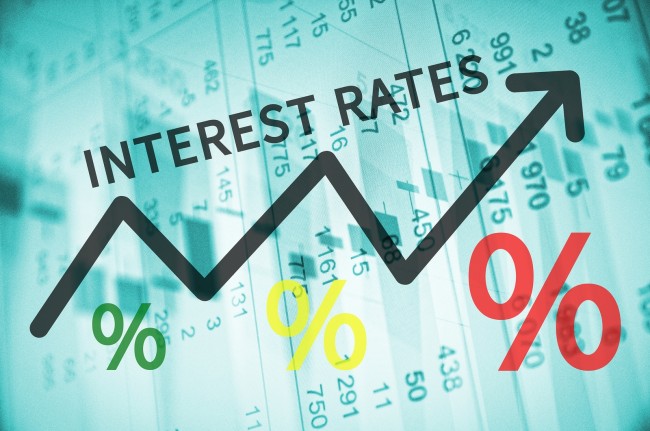Understanding Interest Rates
Adjusting interest rates is one way that a central bank can encourage employment and keep prices stable in an economy. Interest rates have an impact on everything from home mortgage prices to the ability of a business to expand through financing. If interest rates go too high or are pushed higher than what people and companies can readily afford, spending could stop.
In this sense, higher interest rates could mean that a person may not be able to get a loan to purchase a house on favorable terms, or that a company will lay workers off instead of financing payroll during a downturn.
Looking for Balance
Raising interest rates can slow down the economy, bringing inflation with it, while lowering interest rates can encourage spending. Lowering interest rates is a powerful form of economic stimulus, but it cannot be overdone. The goal is to keep inflation around 2% per year for personal consumption expenditures, but it requires a careful balance.
Former Federal Reserve Chairwoman Janet Yellen (now U.S. Secretary of the Treasury under President Biden) has recently said that increasing interest rates too quickly often carries more risks than leaving them at lower levels for too long.
When Interest Rates Go Up
When the U.S. Federal Reserve raises the federal funds rate, the cost of borrowing goes up too, and this increase starts a series of cascading effects. In essence, banks raise their interest rates for consumers and businesses, and it costs more to buy a home or finance a company. In turn, the economy slows down as people spend less. However, this also keeps the cost of goods stable and curtails inflation. It serves as a signal that economic growth in the United States is expected to be firm as well.
Timing Is Everything
It all comes down to timing. The economy has to be robust enough to handle the increase in the cost of borrowing. If the Fed increases interest rates too quickly – before the economy is ready for it—the realized effect of the interest rate increase can be too much, and the measure could backfire. The economy would become strained and fall into a recession.
Moreover, the effect of interest rates going up would not only be felt in the U.S. If interest rates rise too quickly, the comparative value of the dollar could go up, affecting world markets as well as domestic companies with businesses in other countries.

